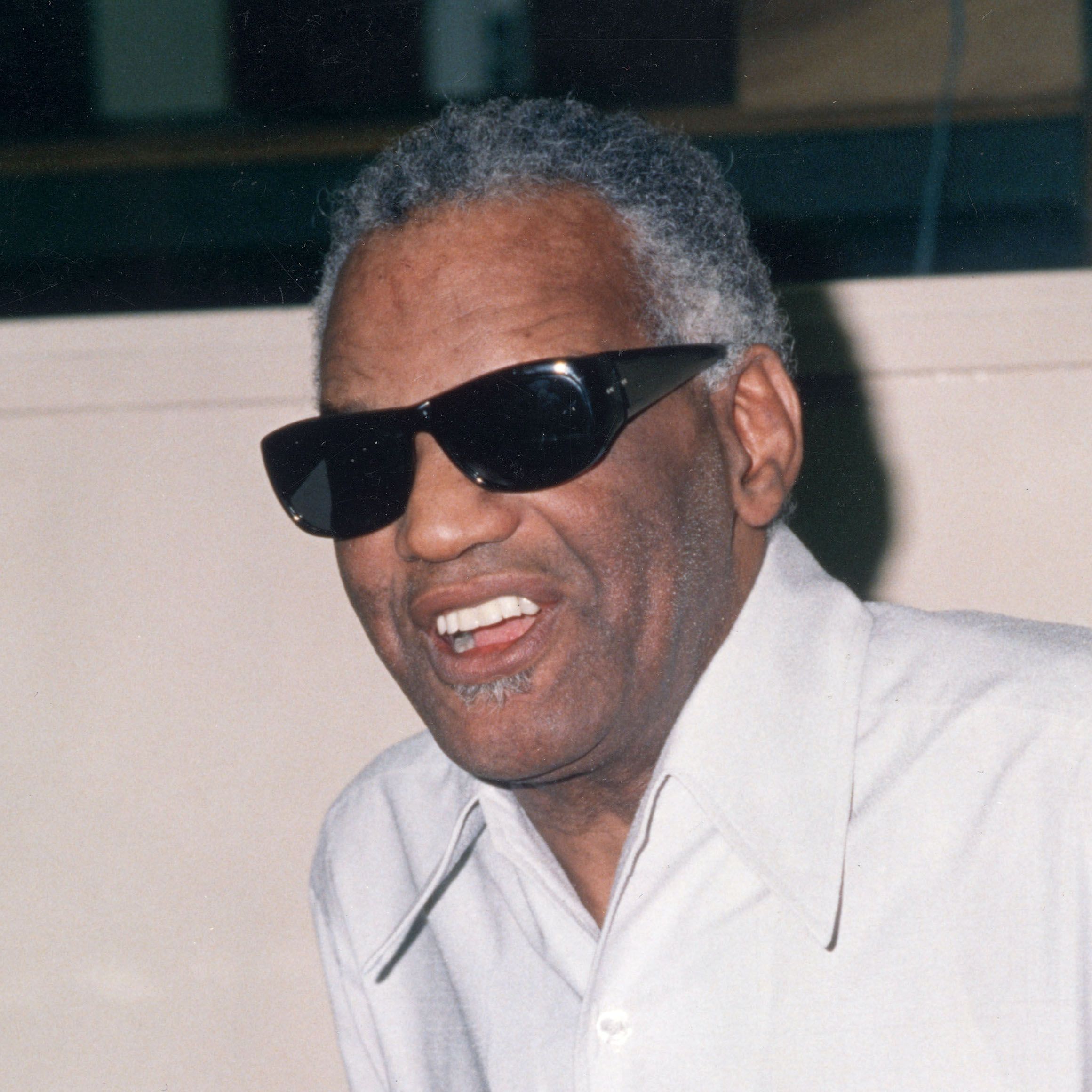Ray Charles: The Genius of Soul 🎶
Overview
Ray Charles Robinson (1930–2004), known professionally as Ray Charles, is one of the most influential musicians in the history of popular music. Often referred to as “The Genius,” his groundbreaking fusion of gospel, blues, jazz, and country shaped the sound of modern music, laying the foundation for soul music. Ray Charles’ impact transcended music, influencing social and cultural movements in the mid-20th century and beyond.
Life Milestones
Early Life and Struggles (1930–1947)
- Born on September 23, 1930, in Albany, Georgia.
- Raised in poverty during the Great Depression in Greenville, Florida.
- At the age of 5, his brother drowned, an event that deeply impacted him.
- Lost his eyesight by age 7 due to glaucoma but attended the Florida School for the Deaf and the Blind, where he learned to read music in Braille and played several instruments, including piano, clarinet, and trumpet.
Early Career (1947–1954)
- After his mother’s death when he was 15, Charles moved to Seattle in 1947 to pursue music.
- Formed his first band and recorded his first single, “Confession Blues,” which gained modest success.
- In Seattle, he met Quincy Jones, with whom he would collaborate for decades.
Breakthrough with Atlantic Records (1952–1959)
- Signed with Atlantic Records in 1952 and revolutionized music by blending gospel, blues, and jazz into what became soul music.
- His 1955 hit “I Got a Woman” is considered one of the first soul records.
- Other notable hits during this era include:
- “What’d I Say” (1959)
- “Mess Around” (1953)
- “Drown in My Own Tears” (1956)
Crossover Success and Mainstream Fame (1960–1969)
- Signed with ABC-Paramount Records in 1960, gaining creative control of his music.
- Released his landmark album “Modern Sounds in Country and Western Music” (1962), which broke racial barriers by blending country music with soul.
- Hits from this album include:
- “I Can’t Stop Loving You” (1962)
- “You Don’t Know Me”
- Hits from this album include:
- Despite his musical success, Charles struggled with drug addiction during this time and was arrested for heroin possession in 1965. He eventually overcame his addiction in 1966.
Later Career and Legacy (1970s–2004)
- Continued to release music across genres, including R&B, pop, and jazz.
- Won 17 Grammy Awards, including a Lifetime Achievement Award in 1987.
- Inducted into the Rock and Roll Hall of Fame in its inaugural class of 1986.
- His rendition of “America the Beautiful” became iconic.
- His final album, “Genius Loves Company” (2004), released posthumously, won 8 Grammy Awards.
Social Impact
Ray Charles’ influence extended beyond music, impacting civil rights, racial integration, and accessibility advocacy:
Breaking Racial Barriers in Music
- First Black artist to be granted artistic control by a major label (ABC-Paramount).
- His genre-blending music helped bridge racial divides during the segregated 1950s and 1960s.
- In 1961, refused to play a segregated concert in Georgia, making a powerful statement in support of civil rights. The state later honored him by naming “Georgia on My Mind” the official state song.
Advocate for Disability Rights
- As a blind musician, Ray Charles broke stereotypes and advocated for accessibility in the music industry.
- His success paved the way for other musicians with disabilities.
Cultural Legacy
- Ray Charles is credited with inventing soul music, which influenced countless artists, including Aretha Franklin, Stevie Wonder, James Brown, and Otis Redding.
- His genre-defying music inspired later generations of musicians, from Elton John to Kanye West.
Discography Highlights
| Year | Album | Notable Songs |
|---|---|---|
| 1957 | Ray Charles | “Drown in My Own Tears” |
| 1962 | Modern Sounds in Country and Western Music | “I Can’t Stop Loving You” |
| 1966 | Crying Time | “Crying Time” |
| 1984 | Do I Ever Cross Your Mind | “Do I Ever Cross Your Mind” |
| 2004 | Genius Loves Company | “Here We Go Again” |
Awards and Honors
- 17 Grammy Awards, including a Lifetime Achievement Award.
- Rock and Roll Hall of Fame Inductee (1986).
- National Medal of Arts (1993).
- Kennedy Center Honors (1986).
Legacy
Ray Charles’ legacy lives on through his music, his influence on social change, and his contributions to accessibility and inclusivity. His music broke down racial and cultural barriers, setting a new standard for creative freedom in the music industry.
YouTube Channel:
https://www.youtube.com/channel/UCuDb3PN8JzDZLY-TUosFkgw
References
- Guralnick, Peter. Sweet Soul Music: Rhythm and Blues and the Southern Dream of Freedom.
- Lydon, Michael. Ray Charles: Man and Music.
- Rock and Roll Hall of Fame. “Ray Charles Induction.”
- Smithsonian Magazine. “Ray Charles: How His Music Changed America.”
- Rolling Stone. “The 100 Greatest Singers of All Time.”
Ray Charles remains one of the most pivotal figures in the history of American music, leaving a lasting impact on both the industry and society. 🎹


Leave a Reply